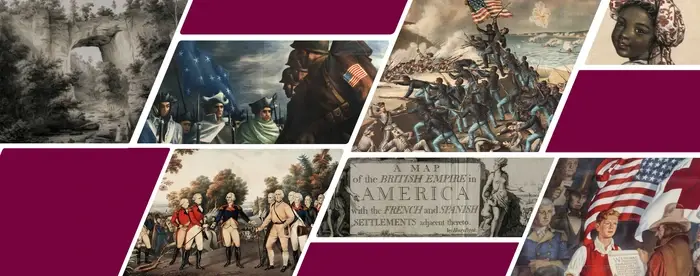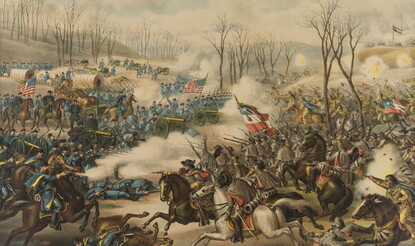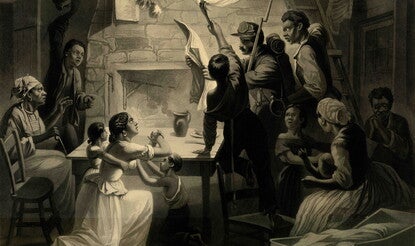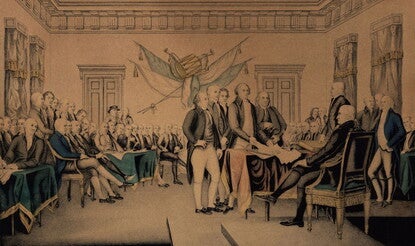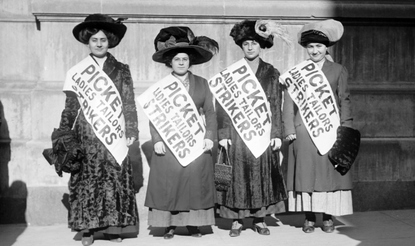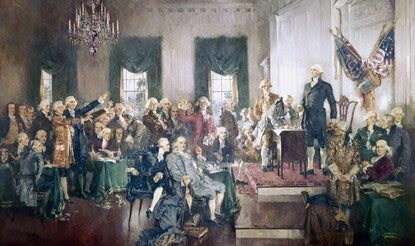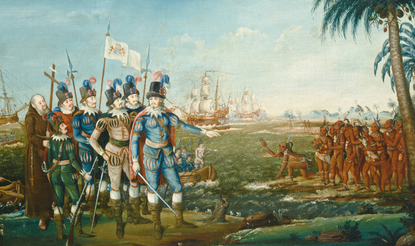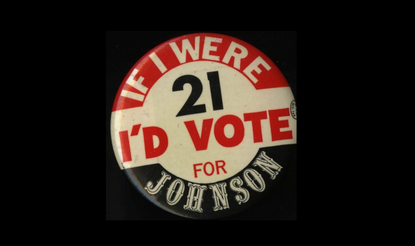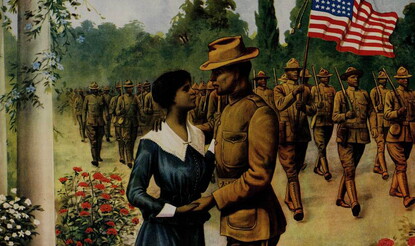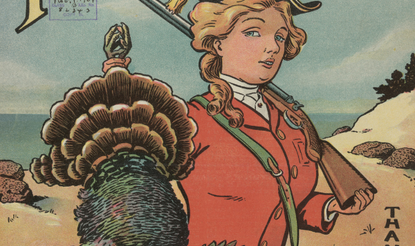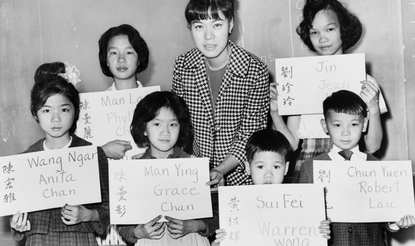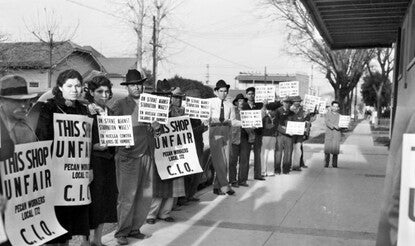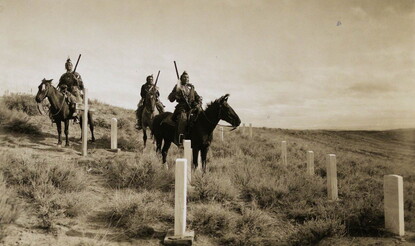Recognizing and celebrating historical holidays presents opportunities to explore pivotal moments, key figures, and central conflicts in American history.
To support deeper engagement, the Gilder Lehrman Institute offers a wealth of resources—including over 86,000 primary source documents from its Collection, essays from its online journal History Now, videos of talks by eminent scholars, and lesson plans created by American history teachers—all designed to assist educators in guiding discussions, inspiring class projects, and enriching their curriculum with directly applicable content.
Celebrating American Historical Holidays
Historical Holidays
Memorial Day
A federal holiday for honoring and mourning the U.S. Military Service Personnel who died while serving in the United States Armed Forces is observed on the last Monday of May.
D-Day
D-Day (June 6, 1944) proved to be the beginning of the end of the war in Europe, as Germany faced a full-scale assault on two fronts by the American, British, and Canadian military.
Juneteenth
On June 19, 1865, Union soldiers led by Major General Gordon Granger landed at Galveston, Texas, with news that the Civil War was over and that enslaved people were free.
Independence Day
In 1870, nearly a hundred years after the Declaration of Independence was written, Congress declared July 4 a national holiday.
Labor Day
Responding to widespread labor unrest, U.S. President Grover Cleveland, together with Congress, enacted the first national Labor Day in 1894 to recognize workers’ contributions.
Constitution Day
Constitution Day commemorates the signing of the US Constitution by thirty-nine delegates to the Constitutional Convention in Philadelphia on September 17, 1787.
Columbus/Indigenous Peoples’ Day
In 2021, Indigenous Peoples’ Day was proclaimed by the president as a federal holiday to be observed on the same day as Columbus Day.
Election Day
In 1845, Congress designated the first Tuesday following the first Monday in November as Election Day for presidential elections by federal law.
Veterans Day
Originally known as Armistice Day, Veterans Day occurs on November 11 in honor of the “eleventh hour of the eleventh day of the eleventh month” of 1918 that marked the end of World War I.
Thanksgiving
The Plymouth colonists and the Wampanoag shared an autumn feast in 1621 that served as the basis for what we now celebrate as Thanksgiving.
Commemorative Months
Asian/Pacific American Heritage Month
May is Asian/Pacific American Heritage Month, recognizing the achievements and contributions of Asians, Pacific Islanders, and Native Hawaiians to the history and culture of the United States.
National Hispanic Heritage Month
National Hispanic Heritage Month (September 15–October 15) celebrates the contributions made by Hispanic and Latino Americans to the history and culture of the United States.
Native American Heritage Month
Native American Heritage Month is observed in November to highlight the culture, traditions, and achievements of the nation’s original inhabitants and their descendants.
